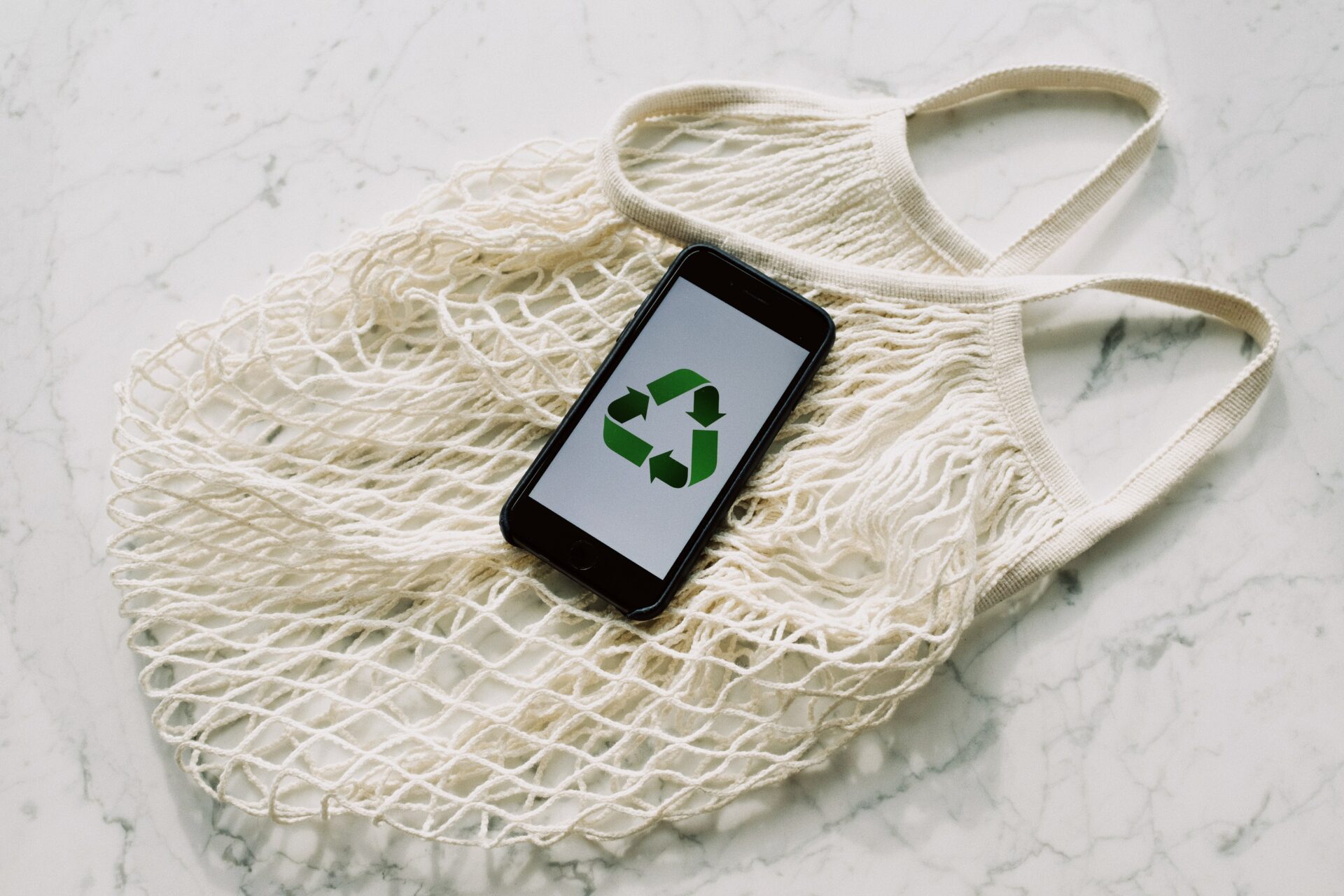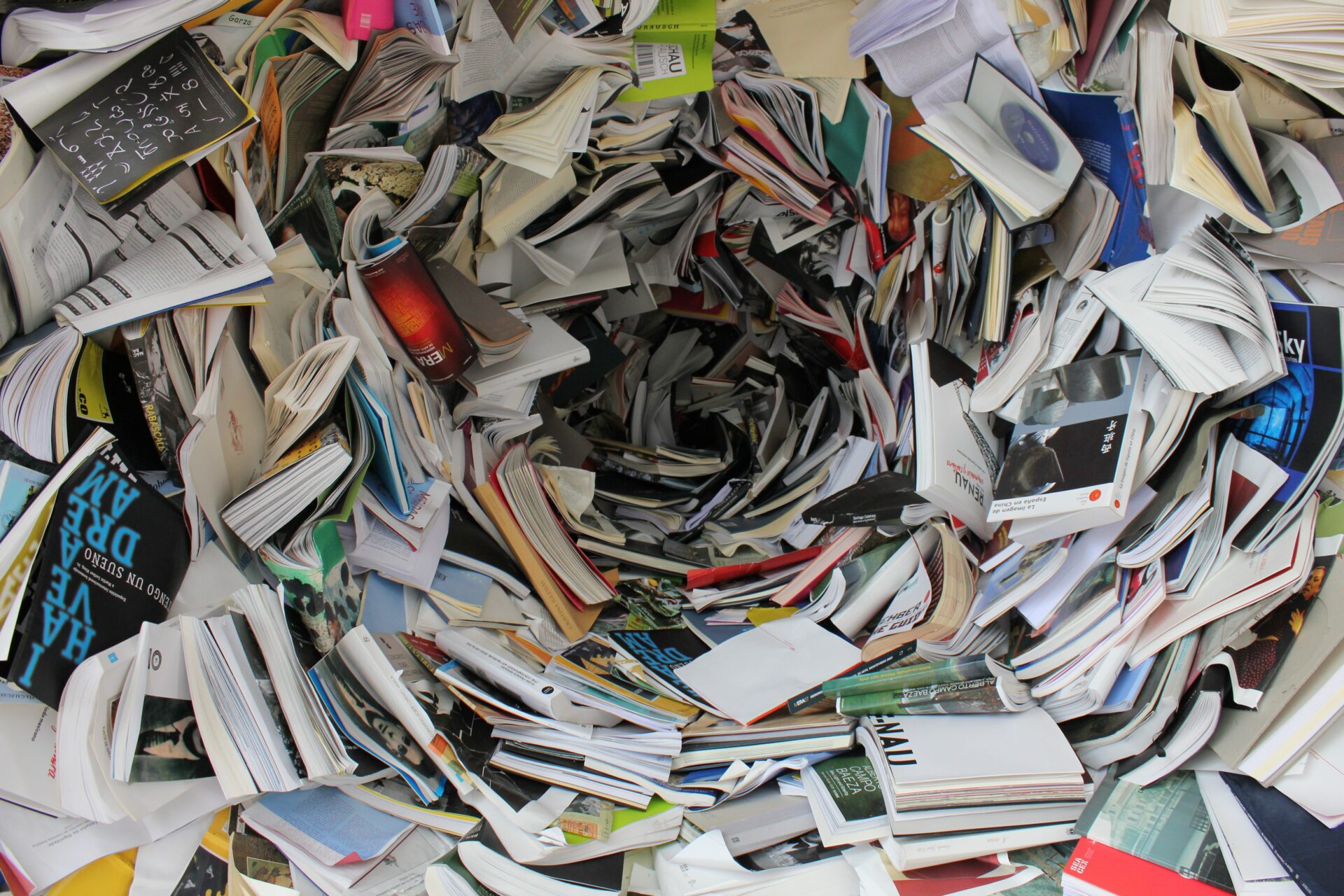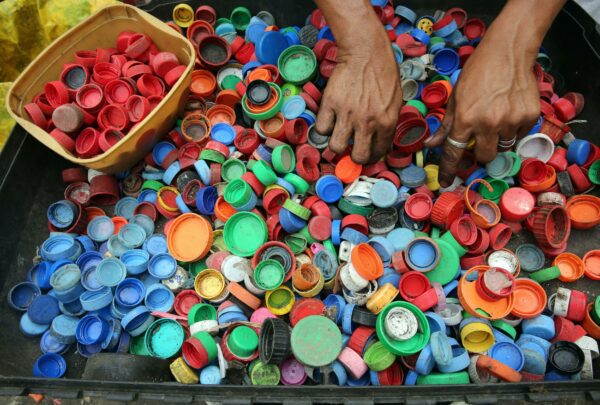If you’re looking for a comprehensive guide to recycling, you’ve come to the right place! In this blog post, we will discuss everything you need to know about recycling – from what can be recycled to how to recycle it. We’ll also provide tips on making it easier and more convenient for you. So whether you’re just starting out or you’re a pro, read on for all the info you need!

What Can Be Recycled?
One of the most common questions people have about recycling is what can actually be recycled. The answer to this question may vary depending on your location and local facility, but there are some general guidelines you can follow. For example, most facilities will accept paper, plastic, glass, and metal. However, some items like food waste, hazardous materials, and electronics cannot be recycled through most facilities.
To find out what can be recycled in your area, the best thing to do is check with your local recycling facility. They will be able to provide you with a list of acceptable materials as well as any special instructions for preparing those materials.
How to Recycle
Now that you know what can be recycled, it’s time to learn how to recycle those materials. Again, this process may vary depending on your location and the facility you use, but there are some general tips you can follow.
For example, most facilities require that all materials be sorted by type before they are recycled. This means that you will need to separate your paper from your plastic, your glass from your metal, and so on. Once everything is sorted, you can then place it in the appropriate recycling bin or bring it to the facility.
Another tip is to make sure that all materials are clean before you take them. This means rinsing out any food or beverage containers and removing any labels or other materials that could contaminate the recycling process.
It can seem like a lot of work, but it’s pretty easy once you get the hang of it! And remember, every little bit helps when it comes to preserving our planet.

Recycling Paper
Paper is one of the most commonly recycled materials, and it’s also pretty easy to recycle. Most recycling facilities will accept all types of paper, including newspapers, magazines, office paper, and cardboard. To prepare paper for recycling, simply remove any non-paper items like staples or sticky notes and place it in your recycling bin.
Recycling Plastic
Plastic is another common recycling material, but it’s important to note that not all types of plastic can be recycled. For example, most facilities will only recycle plastic bottles and containers with the recycling symbols #1-7. To prepare plastic for recycling, simply remove the lid and any other non-plastic items and place it in your recycling bin.
Recycling Glass
Glass is another easy material to recycle, but it’s important to make sure that it is sorted by color before recycling. Most facilities will only take clear, green, and brown glass. To prepare glass for recycling, simply remove any non-glass items like lids and place it in your recycling bin.
Recycling Metal
Metal is another common material, but it’s important to note that not all types of metal can be recycled. For example, most facilities will only take aluminum and steel cans. To prepare metal, simply remove the lid and any other non-metal items and place it in your bin.
Recycling Electronics
Electronics are a little more tricky to recycle, but it is still possible to do so at many facilities. To prepare electronics, simply remove any batteries and place them in your bin. You may also need to remove any data-storage devices like hard drives or CDs.
Hazardous Materials
Hazardous materials like oil, paint, and batteries cannot be recycled through most facilities. To dispose of these items, you will need to take them to a hazardous waste facility. You can usually find these facilities at your local landfill or recycling center.
Food Waste
Food waste cannot be recycled through most facilities. To dispose of food waste, you can either compost it or throw it away in the trash.
Now that you know how to recycle anything and everything, it’s time to get started! Remember to check with your local recycling facility for specific instructions on what materials they accept and how to prepare them. And always continue to reduce, reuse, and recycle to help preserve our planet for future generations.

Tips for Making Recycling Easy
If you’re finding it difficult to incorporate recycling into your daily routine, don’t worry – we’ve got some tips to help make things easier!
One simple way to make recycling more convenient is to keep a recycling bin in your home or office. This way, you can easily collect all of your recyclable materials in one place and then sort them later.
Another tip is to look for opportunities outside of your home or office. Many community events and businesses have programs that you can participate in. And if you’re ever unsure about whether something can be recycled, just ask – most people are happy to help out and provide guidance.
By following these tips, this will soon become second nature to you! And remember, every little bit counts when it comes to preserving our planet.
We hope this guide has been helpful in teaching you all about recycling! If you have any questions or suggestions, please feel free to leave us a comment below. Thanks for reading!